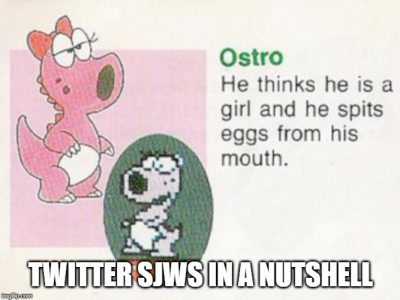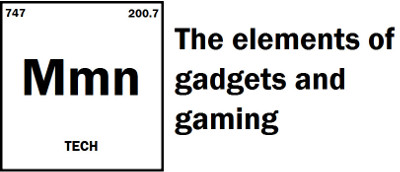

#WTFU
I’ve tried a few times to write an article about YouTube’s current copyright issues and Doug “Nostalgia Critic” Walker’s #WTFU (Where’s the Fair Use) campaign. I’ll bang something out, then come across an excellent counterpoint that makes me completely re-evaluate my position. My knee jerk reaction was to be gung ho in favour of it, but the reality of the situation is a lot more complicated.
My latest insight comes from a fantastic AMA by IP lawyer Ryan Morrison, aka the Video Game Attorney. Morrison has taken on a mission to defend YouTubers who have been hit by fraudulent copyright claims. He’s also working to clear up some pretty big misconceptions about fair use.
“I’ve received over 700 emails this past week alone from content creators,” he told Redditors. “For those truly being abused, we’re here to help. The tricky bit is that most I speak with aren’t being bullied unfairly. They are infringing and are properly being taken down. An important distinction.”
Morrison has provided a Layman’s Guide to American copyright laws and fair use on his website, clarifying the rules in simple terms.
At the most basic level, fair use states a content creator can modify a copyrighted work for satirical, educational, or critical purposes. As with most legal mumbo jumbo, things are not that cut and dry.
“First and foremost, fair use is a defense, not a right,” Morrison says.
There is no law on the books that spells out specifically what is and what isn’t considered fair use. It’s currently decided by judges on a case by case basis. There are, however, some loose general guidelines.
Works that borrow from copyrighted material are usually split into two categories: derivative and transformative. Derivative works rely on the original IP to gain their value. As such, they do not fall under fair use, and can be subject to copyright violation. Fan art is an example of a derivative work.
Transformative works significantly alter an existing idea in order to create something entirely new, such that its primary value is now gained from this transformation. Thus, they are considered fair use. The best example I can think of is a Weird Al style parody song. While it borrows the melody, the lyrics are significantly altered and completely change the context of the piece.
Where the law fails is in differentiating the two. It’s near impossible to make objective rules from such an inherently subjective concept. Everybody’s going to have a different opinion. This puts YouTube in a bit of a bind. It’s impossible for them to create an algorithm that takes fair use into account, when nobody knows what fair use is. Computers need hard data in order to make these decisions. It’s equally impossible to check all claims by hand. They could never hire enough people.
Thanks to safe harbour provisions in the DMCA, YouTube actually has limited liability in the matter. If a video is accused of infringement, they must take it down. That is where their responsibility ends. YouTube is not even legally required to consider fair use before doing so. That obligation falls on the IP owners who are issuing the take down notices.
As much as I enjoy Doug Walker’s videos, and I certainly sympathize with his situation, he’s incorrect in demanding the site to protect his work. It’s like blaming the mall because your car got stolen out of the parking lot. As an independent business owner, it’s his responsibility to ensure his work doesn’t violate the law. That involves getting written permission. These same rules apply whether you’re running a TV station or making small time web videos.
Now don’t get me wrong. I’m not washing YouTube’s hands of the matter. The way Google handles copyright claims is far from transparent. Which is what’s driving confusion over the current spat of take downs. The site has not been clear with users over the copyright issue, or why channels are being taken down. Nor do they provide any recourse to channels that have false claims made against them. There’s certainly a better way this could be done.
However, these issues are certainly not exclusive to YouTube. It’s the law that’s the problem.
Copyright law is a jumbled mess that hasn’t kept up with the fast pace of the digital age. When the DMCA was first created, very few people were making their own videos. Now almost everyone does, which has created a minefield for large media conglomerates to exploit. The law is heavily skewed in their favour. Small time players don’t have the resources to take these cases to court. That’s unlikely to change any time soon. Especially with copyright laws set to get even stricter and more convoluted in the near future.
The best piece of advice I can give for those wanting to make web videos? When in doubt, ask permission. Still in doubt? Ask an IP lawyer.


